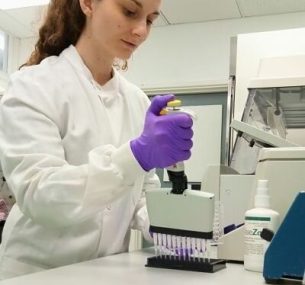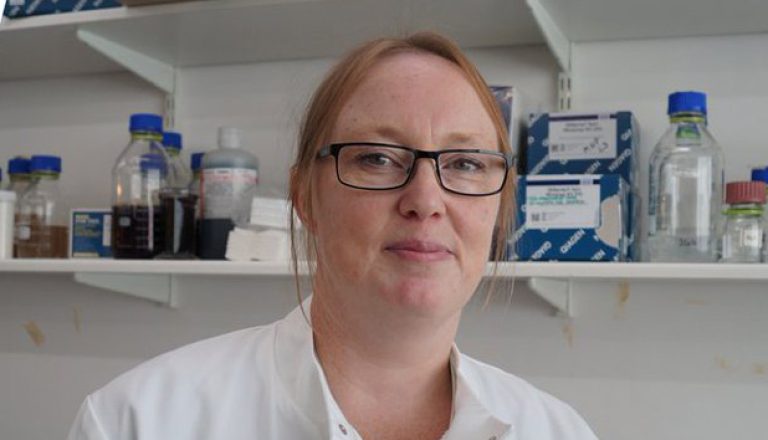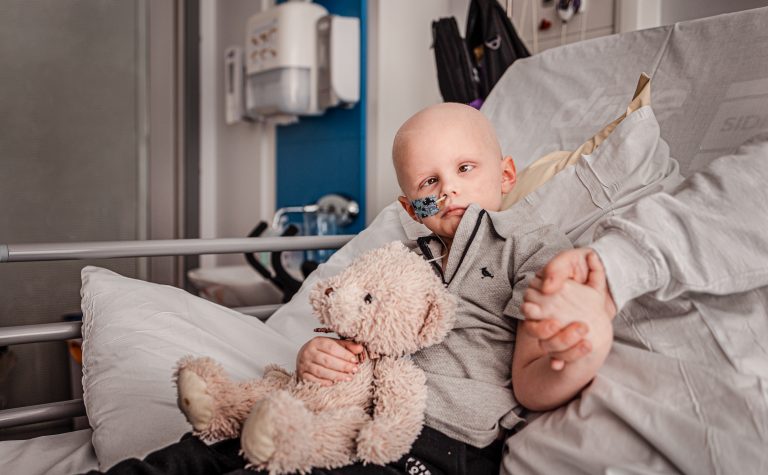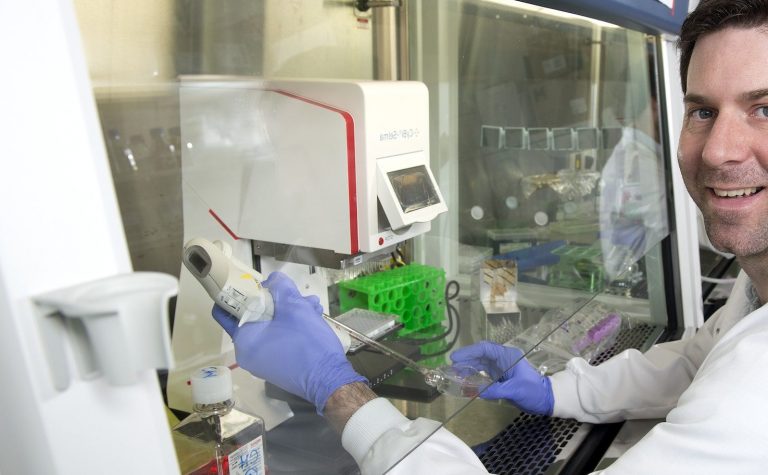The research, published in Nature Communications, looked at neuroblastoma cells from patients and screened for the genes and miRNAs that are downregulated when the cells became less sensitive to ALK inhibitor treatment. Once identified, these genes and miRNAs could be targeted for upregulation to make cells sensitive to treatment again.
The group found a range of different genes and miRNAs, some of which are already known as tumour suppressor genes in other cancers (e.g., ovarian cancer or colon cancer) but highlighted a specific miRNA called miR-1304-5p as a potential desensitiser of neuroblastoma to ALK inhibitors.
MicroRNA or miRNA are small non-coding RNAs found in all cells in the body. They are known to often be downregulated in tumour cells that are resistant to treatment, and so are becoming an attractive prospect for combination therapies. However, upregulation of miRNAs is yet to be successfully done in trials, so this group looked at targets of miR-1304-5p as potential treatment options.
Dr Perla Pucci (pictured right), a Postdoctoral Researcher in the Turner group and lead author on the paper said: “Several different gene pathways and existing drugs were examined, but our experiments culminated in the investigation of lonafarnib. Results showed that lonafarnib acts alongside ALK inhibitors in the treatment of neuroblastoma, particularly in cells where MYCN is not amplified. In treatment terms, for patients with tumours where MYCN is amplified, other drugs could also be used to target this.
Importantly researchers found that not only was the combination of ALK TKIs and lonafarnib helping to improve treatment outcomes, but the mice treated in this way experienced no signs of toxicity and no signs of tumour growth.
Prof Suzanne Turner, said: “This is an exciting prospect for children with neuroblastoma as a potential treatment option to limit resistance to ALK TKI treatment. We look forward to working more on this and seeing the results of further research and trials.
“None of this would be possible without our funders, many of whom are also supporting families of children with neuroblastoma: Neuroblastoma UK, Children with Cancer UK and the CRUK Cambridge Centre.”
to find out more about the research project we helped fund.
Reference:
Pucci, P., Lee, L.C., Han, M. et al. Targeting NRAS via miR-1304-5p or farnesyltransferase inhibition confers sensitivity to ALK inhibitors in ALK-mutant neuroblastoma. Nat Commun 15, 3422 (2024). https://doi.org/10.1038/s41467-024-47771-x and also here: https://link.springer.com/article/10.1038/s41467-024-47771-x




